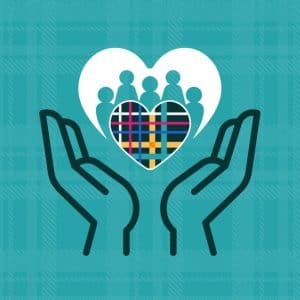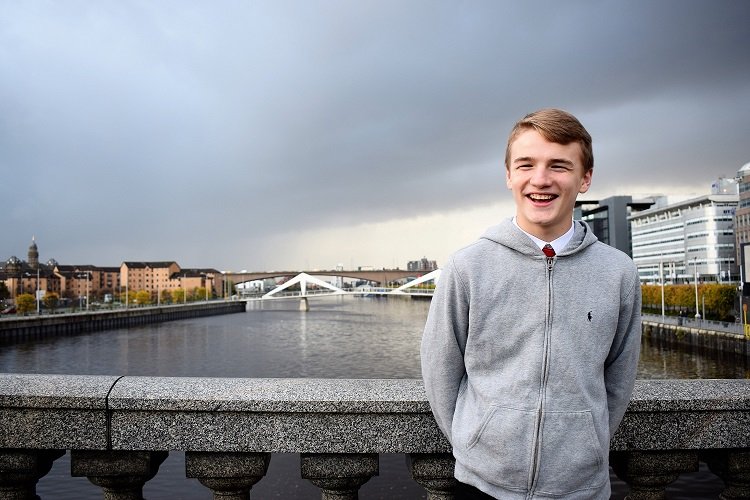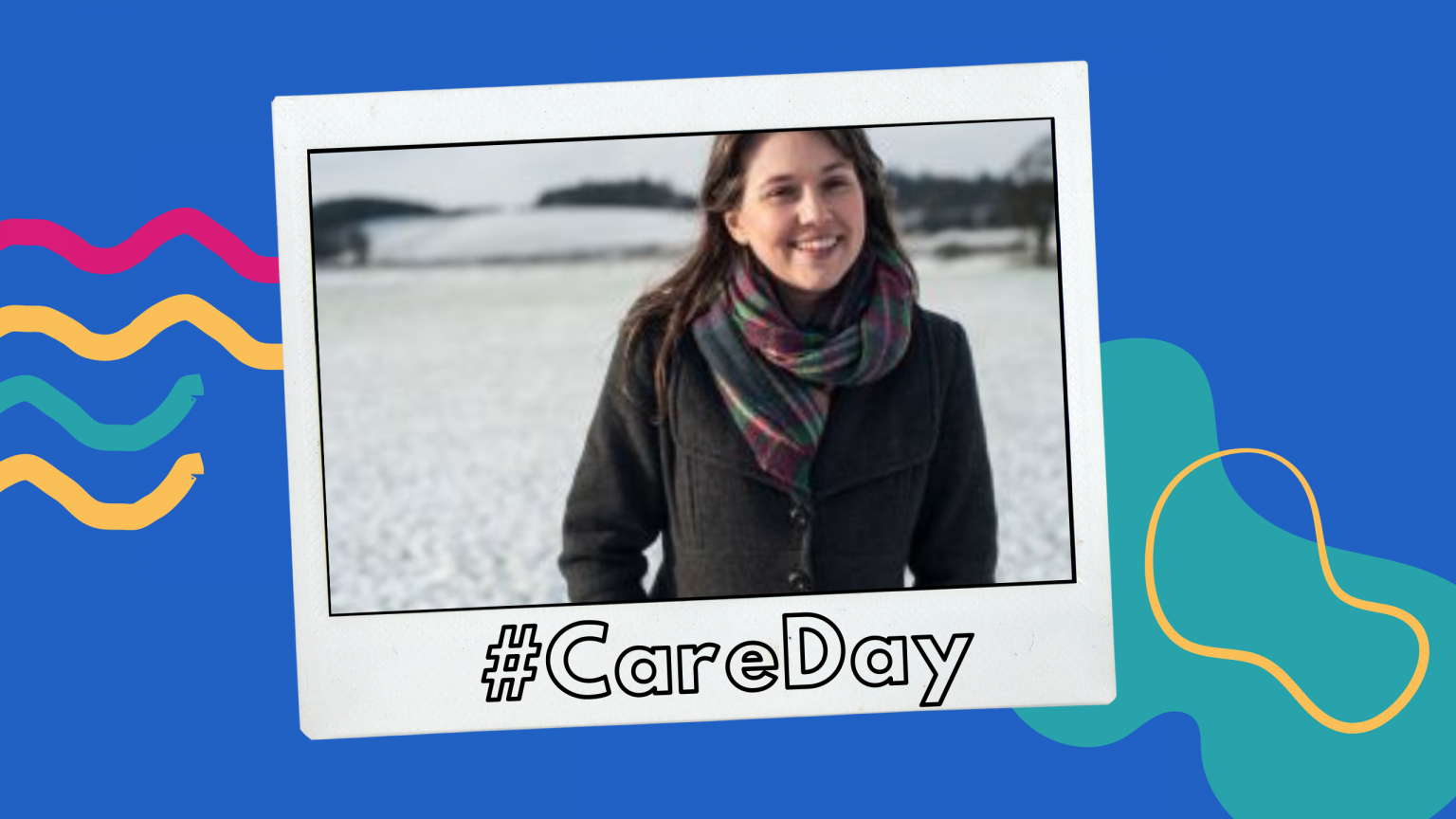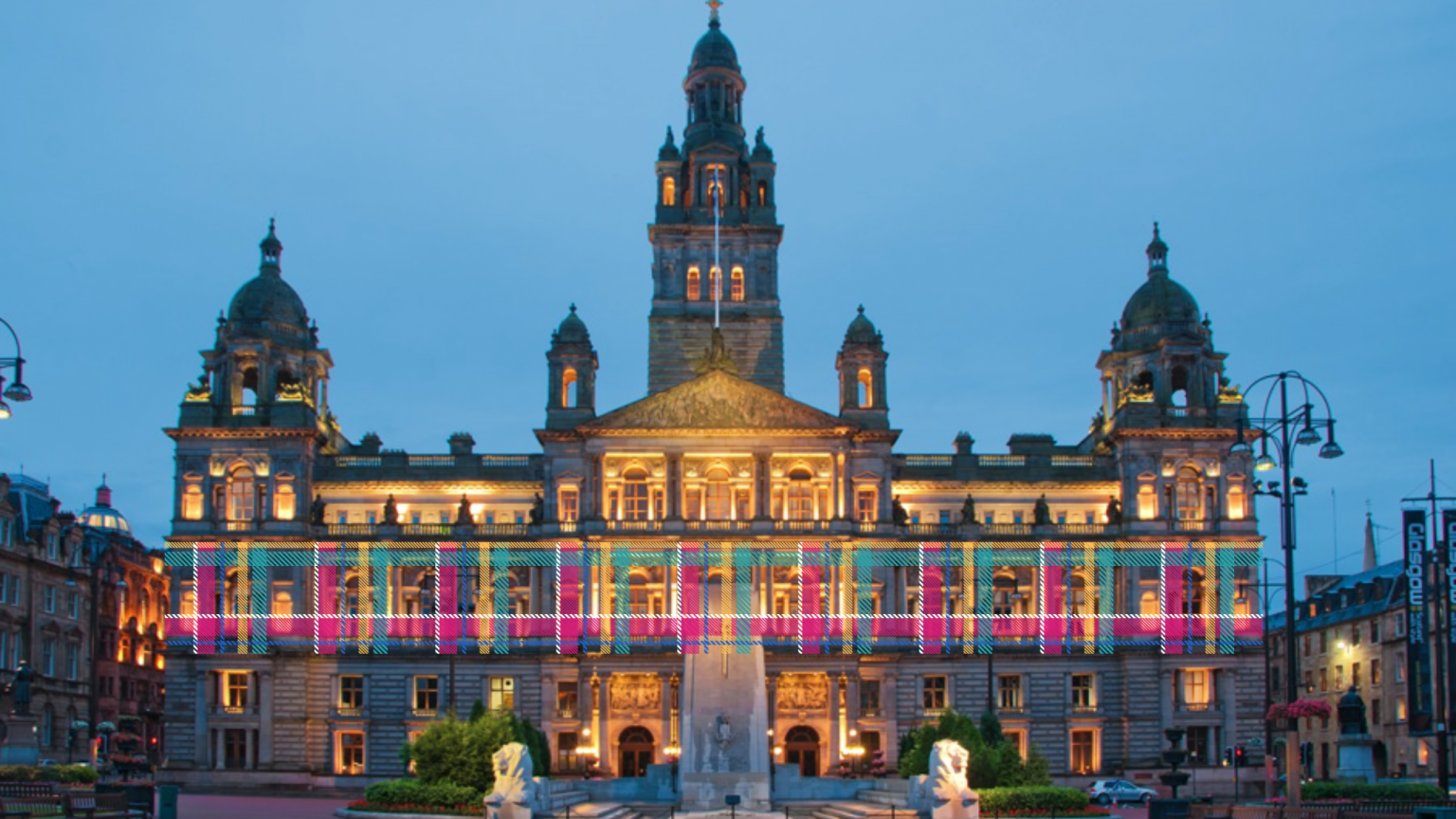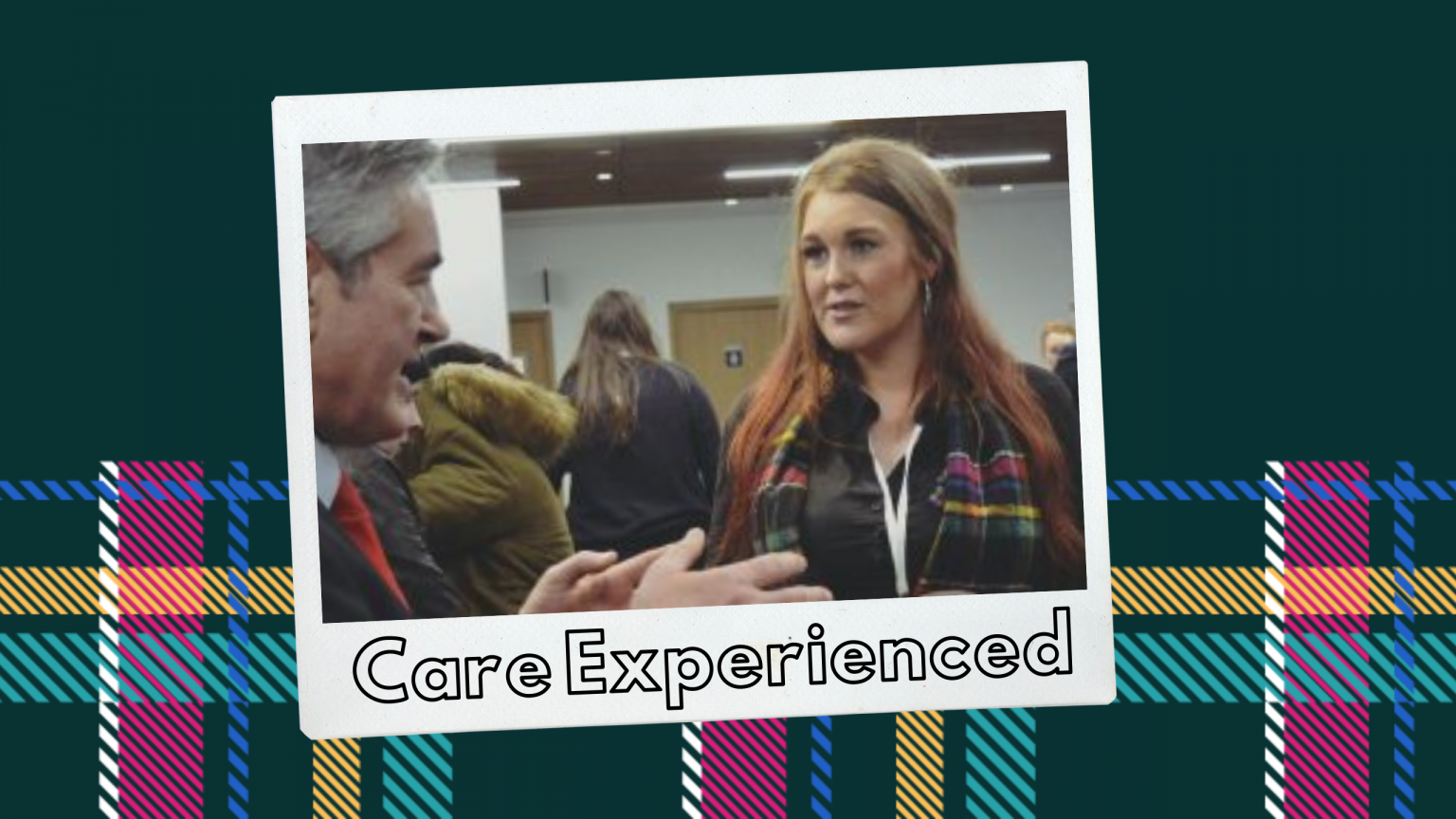It wasn’t until I met other Care Experienced young people like me, that I realised how lucky I am.
I hate saying that I’m lucky, because I hate thinking that a young person’s life, and outcomes, are determined by something as stupid and random as luck.
The worst part about having a good experience of care, is that I spend a lot of time feeling guilty. I’m always thinking, why should I be in a great home, with a loving family, when other Care Experienced young people don’t get the same? It isn’t fair.
Before I met a lot of my friends from care, I didn’t know that some Care Experienced young people move 50 times between homes, or feel so trapped and desperate that they need to run away. Now, I always notice if another young Care Experienced person is reported missing from their care or foster home in the news. I also didn’t know we’re more likely to be in prison that university, or are high risk for homelessness and suicide. I was blown away. I knew how difficult my life had been, I had no idea that things could have gotten worse, not better, after going into care.
I believe that the care system can be a positive experience for every single Care Experienced person in Scotland. I believe it, because I’ve lived it, and I know it can happen.
I don’t understand why the statistics and outcomes for care experienced people are what they are. To me, equality means breaking the cycle of poor outcomes, so we can live the lives we deserve. It means feeling able to show people who we are so they treat us like they treat each other. But it also means that we should all have good experiences of care, not just some. Care is supposed to be an amazing change in your life, when the hard part, the trauma, abuse, and neglect, is over. It’s not meant to be a new chapter of the same things happening all over again.
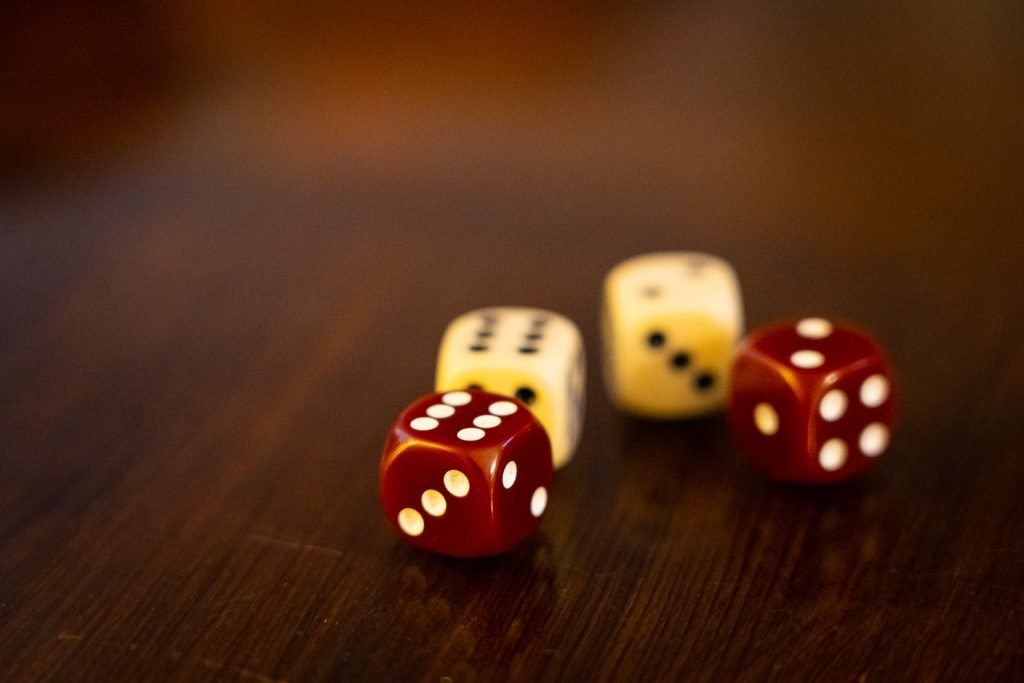
Thankfully, my foster parents said they would take us. I never think about what my life might be like if they hadn’t. I remember when we were told, we were joking with our social worker on the way over, guessing what their names might be. I guessed our Dad’s right, and took that as a good sign. I’ve always been good with noticing my surroundings, but in the car, I realised I had never been to this part of Glasgow before. It was clean, and it felt safe. It was so surreal when we met them, I felt like I was dreaming.
Now, I love my foster carers, but I hate calling them my carers. To me, they’re Mum and Dad. Being part of a family means that I don’t feel like I’m in care. I think we should remove the foster part of it, they’re parents, and we’re a family.
It’s because of them that I can do well at school, go on holiday, and be a brother, not a parent, to my siblings. Before I went into care, I separated my life up, so I could deal with it. I wouldn’t think about home, or the violence that went on there, after I shut the door behind me. When I was with my friends, I would just focus on that and block it all out. Now, my life is whole. I don’t have to hide, or keep anything separate.
I’m still dealing with what I went through before care. But I’m proud that I’ve broken the cycle of my family history. I can still be pretty negative though. Like when people congratulate me on my achievements, like doing well in school, or being a member of the Scottish Youth Parliament, I don’t want to hear it. When I used to score in football, I’d run away from the celebration. I feel like it shouldn’t have happened to me. There’s nothing I’ve done that’s miraculous. I’m just like every other young person in care, only I’ve been lucky.
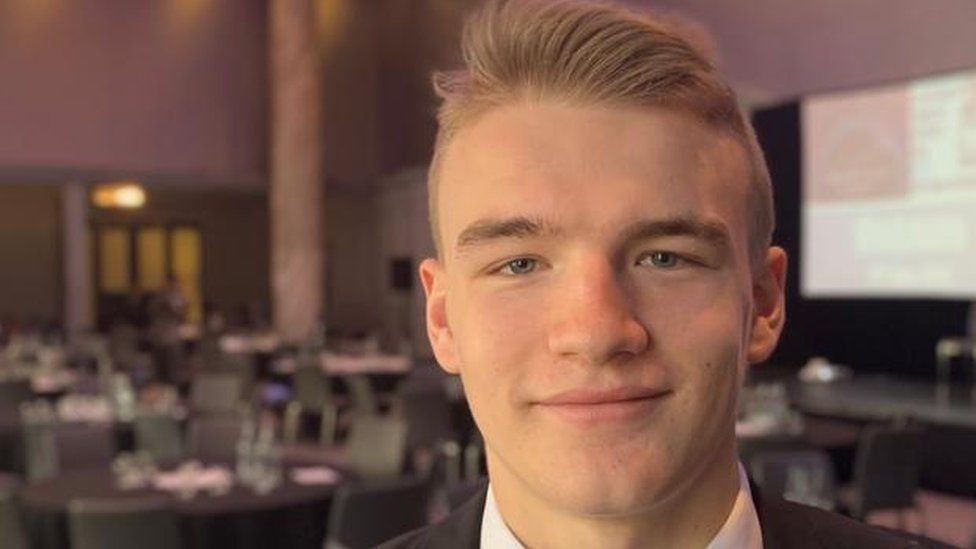
Every Care Experienced young person should have the chance to break the cycle. To have equality of opportunity to do well, to move on from their past and make something of themselves. It means owning our care identity, too, and not being afraid of what people think. When I first went into care, I lied to my old school friends about where I’d moved to. I just didn’t want them to know why I wasn’t coming back. Now, if I see them again, I have no problem letting them know.
For me, I just want every young person in care to have a chance at a second family like I have. I don’t want to feel guilty anymore, or be the exception to the rule. My story should be the norm. Anything other than that is unacceptable.
